"An honest account of how land management can be tipped in favour of wildlife": A review of Wilding by Isabella Tree
Share
Written by Jodie Case, Field Assistant for LIFE Waders Project
Rewilding is a word that creates much debate and is a subject which has become more and more prominent over recent years. Whether you believe that beaver and lynx should be reintroduced or feel that rewilding is an unrealistic concept, Wilding by Isabella Tree is an honest account of how land management can be heavily tipped in favour of wildlife.
Wilding is about the Knepp Estate in west Sussex, a once intensively farmed area of land dictated by years of failing crop yields. Farming ceased in 2001 and saw a variety of grazing and rooting animals introduced, internal fencing removed, and the land left to sprout and scrub up at will. Through diversification, the estate has become a successful business once again and has quickly seen an amazing variety of wildlife move in, such as the elusive purple emperor butterfly, the thicket loving nightingale and the delicate turtle dove, all of which have seen dramatic declines elsewhere in the UK.
Reading some naturalist books, they sometimes become overtly poetic in their narrative and can miss the opportunity to express the ecological concepts behind natural phenomenon. Wilding is not poetic but true in its expression. The ecological outcomes following each management decision taken at Knepp are expertly explained throughout, from the effect of natural herd behaviour and movements on vegetation structure over larger areas, to the vital importance of soil health. Mirroring the GWCT’s commitment to explore and improve the relationship between life in soils and farm production, the book tells of the astonishing results of the effect of intense and prolonged farming on the land’s soil structure and longevity.
The ecological lessons are abundant, but the most fascinating revelation is to learn about the sheer variety and abundance of wildlife that has arrived at Knepp since the land management changed; the results have been illuminating. The estate is now home to 13 of the 17 UK bat species, butterfly species have increased from 13 to 23 species over a nine year period, and one field has recorded more lesser white throats compared with any one year in the entire county of Hampshire.
The book doesn’t preach or hold rewilding up as the saviour of British wildlife, but it does inform the reader about one patch of land that did something different and the resulting ecological rewards it reaped. Even if you’re not a fan of the concept of rewilding, Wilding offers a great deal of information about all the wildlife found at Knepp and the reasons behind its arrival; if nothing else, it could be considered as an extremely useful naturalist's guide book.
